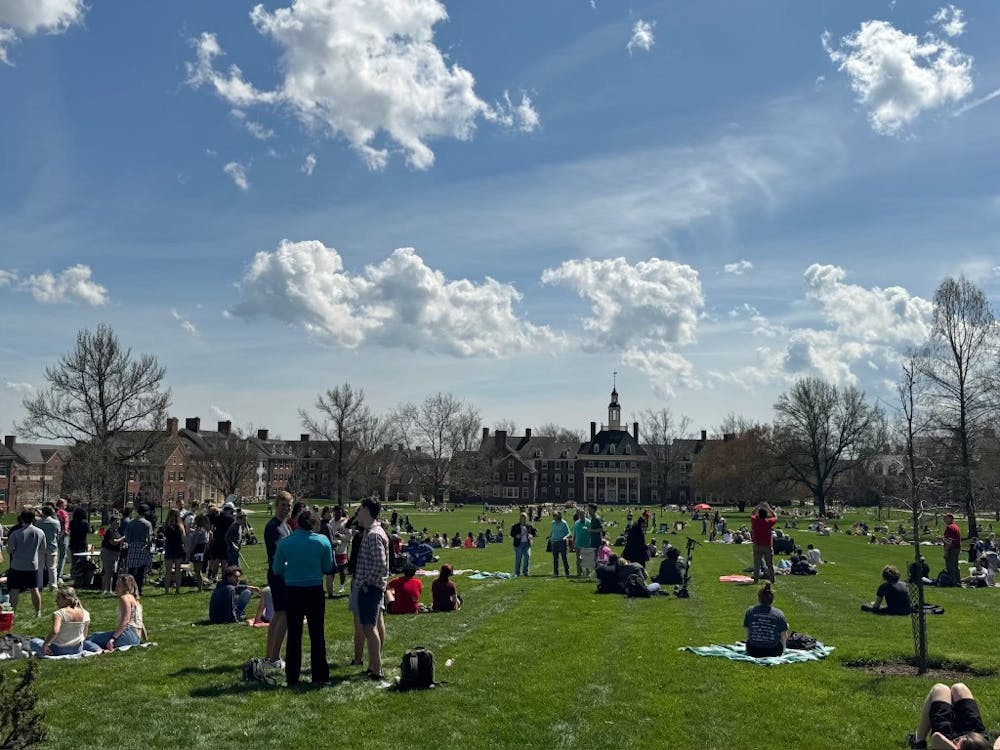Is it too soon to toss around the career word? Students haven't even had their fall midterms yet and Homecoming is weeks away. So what a thrill kill to suggest that underclass students should already be plotting their next summer experience and graduating seniors exploring their career or advanced study options.
To take some of the edge off, why not check out a promising, yet commonly overlooked option known as the third sector. I'm not talking about business or government, but the not-for-profit and nongovernmental organization (NGO) sector. Sound familiar?
It is this third sector that especially since the 2008 recession has been growing faster than the other two. NGO employment is up 17 percent vs 8 percent for government and -6 percent for businesses, according to data analyzed by the National Center for Charitable Statistics (NCCS) from 2000 to 2010. This stands to reason. As the unmet needs of an economy grow, NGOs answer the call while even dipping into reserves to do it. NCCS reports that private giving actually fell 10 percent during the last decade. Governments rely increasingly on NGOs to deliver services, but that pipeline (approximately $137 billion in grants to NGOs from all federal, state and local agencies) contracted, too. Even as late as 2012, NCCS survey data showed 42 percent of NGOs were tapping their reserves and 38 percent took on debt.
Volunteerism (valued off the books at $296 billion) also helps stretch the dollar. This is where the college-educated population has an edge - nearly 40 percent volunteered in 2013 versus 25 percent of the adult population overall, according to the U.S. Bureau of Labor Statistics. Volunteerism can often be the entry point to promising NGO careers. Not just in the literal sense of being the people who show their pluck at advancing the cause and are suddenly plucked to fill staff openings. We tend to get involved in causes that fuel our passions and by performing the tasks that play to or fast become our strengths.
Such hands-on experiences, be they internships, work study, class projects or extra-curricular pursuits, also expand our networks of peers and mentors who can open doors for us. Rarely does anyone connect the dots on some pre-calculated linear path. Serendipity has much to do with it. So if we do not put ourselves out there to learn by trial and error the work that might inspire us and one day propel our careers, then we will surely miss being in the right place at the right time.
NGOs are also more diverse with 77 percent women and 36 percent people of color in managerial posts (vs 51 percent and 18 percent respectively in the US managerial workforce), according to a Council of Foundations survey. And it's not just traditional social work. Most nonprofit trade associations and professional societies - of which every career avenue has at least one - offer programs aimed at new entrants to the field. Explore their websites for career resources and sign up for any special e-forums for young professionals. If you can get to chapter meetings or even national conferences, registrations fees are often reduced (to cover meals only) or entirely waived for those with a valid student ID.
Bear in mind, too, that every NGO is run much like a business. Yes, they hire subject matter experts, but also need accounting, marketing, events planning, IT, research and other talent to carry out their missions. So consider careers in NGOs by getting engaged with one or more of them now - they could prove the best means to channel your passions and skills while making a difference.
Mark Cannon, a Miami Alumnus, is a Visiting Fellow in Public Leadership and facilitating a forum on Public Leadership Careers in NGOs, Tues, Oct. 14 @ 7:00 pm, Psychology Bldg #131; miamioh.edu/cpmra




